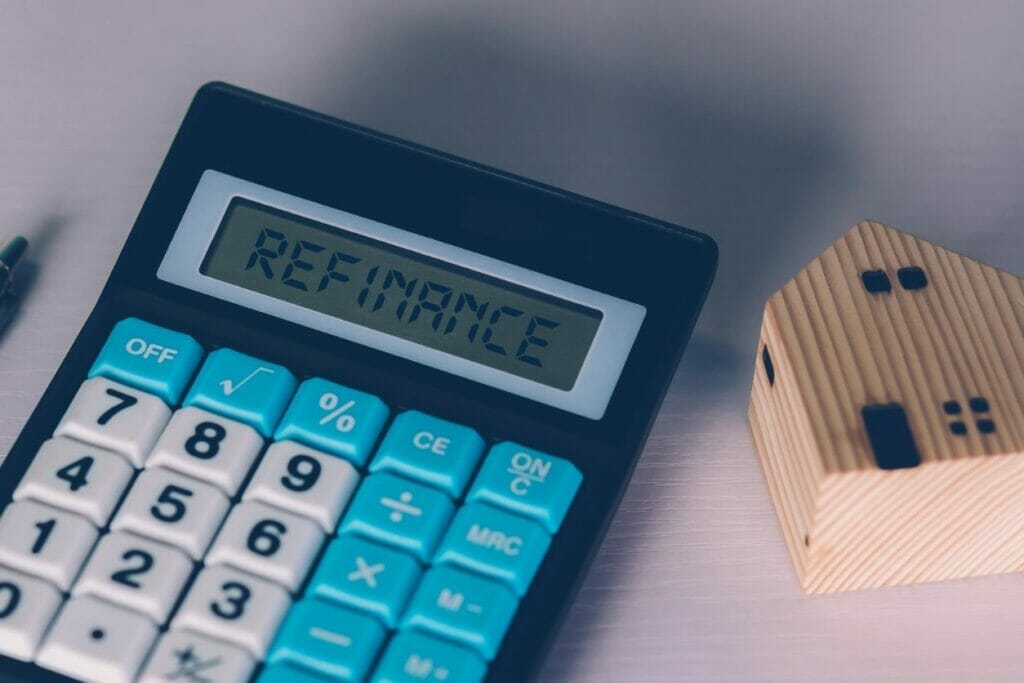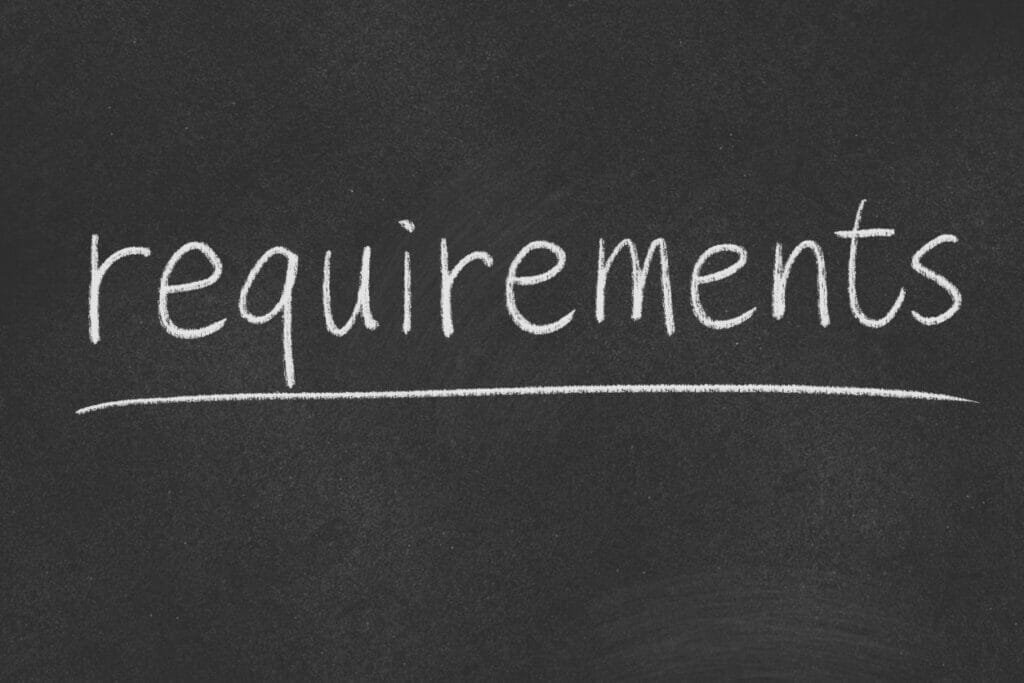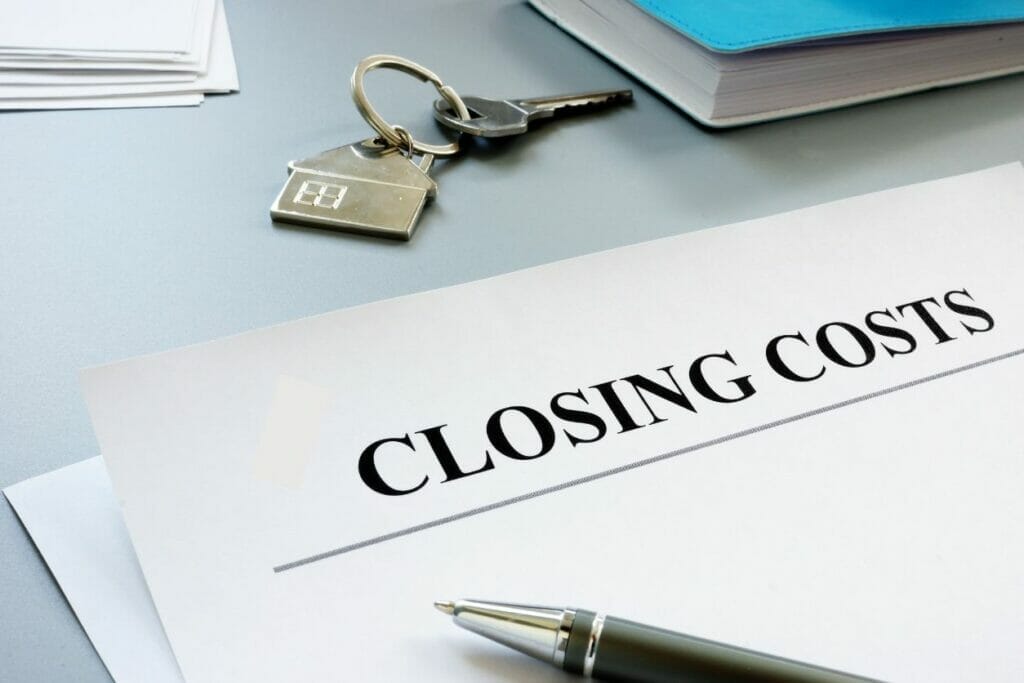
What to Know Before You Refinance Commercial Property: A Comprehensive Guide
Refinancing a commercial property can provide several benefits, including lower interest rates, improved cash flow, and increased equity. However, before jumping into a refinancing decision, it is crucial to understand the different types of loans, requirements, interest rates, and closing costs involved in the process. This blog post will discuss everything you need before you refinance commercial property.

Table of Contents
Types of Commercial Property Refinance Loans
Refinancing a commercial property can involve several types of loans. Understanding the differences between these loans can help you determine the right one for your needs. Here are the most common types of commercial property refinance loans:
Traditional Commercial Mortgage Refinance
A traditional commercial mortgage refinance involves replacing an existing mortgage with a new one with better terms. This can include lower interest rates, longer repayment terms, or both. This type of loan is ideal for businesses that want to lower their monthly mortgage payments or interest expenses.
Cash-Out Refinance
A cash-out refinance allows borrowers to access the equity in their commercial property. This means they can refinance their property for more than the amount owed on the mortgage and receive the difference in cash. This type of loan is ideal for businesses that want to invest in improvements, pay off debts, or access cash for other purposes.
SBA 504 Refinance
The Small Business Administration (SBA) 504 refinance loan is a government-backed loan that allows businesses to refinance existing debt with an SBA 504 loan. This loan has lower interest rates, longer repayment terms, and lower down payment requirements than traditional loans. This type of loan is ideal for businesses that want to lower their monthly mortgage payments or interest expenses and need help accessing traditional loans.
HUD Refinance
The Department of Housing and Urban Development (HUD) provides commercial property refinance loans for properties that are currently insured by the Federal Housing Administration (FHA). This type of loan is ideal for businesses that want to lower their monthly mortgage payments or interest expenses and have an FHA-insured property. This loan allows businesses to refinance their commercial property at lower interest rates and longer repayment terms.
Understanding the different types of commercial property refinance loans can help you choose the right loan for your business needs. When deciding which loan to choose, you should consider the amount of equity you have in your property, your monthly mortgage payments, your interest rates, and your overall financial situation.

Pros and Cons of Refinancing a Commercial Property
Refinancing a commercial property can have several advantages and disadvantages. Here are the most common pros and cons of refinancing a commercial property:
Advantages of Refinancing a Commercial Property
Lower Interest Rates
One of the most significant advantages of refinancing a commercial property is that it can lower the interest rates on the mortgage. This can result in lower monthly payments, which can significantly improve the business’s cash flow.
Improved Cash Flow
Refinancing a commercial property can also improve cash flow by lowering monthly mortgage payments, freeing up cash for other business expenses. This can also give businesses more flexibility to invest in other opportunities or improve their property.
Increased Equity
Refinancing a commercial property can also increase the equity in the property by lowering the outstanding mortgage balance or accessing cash from the equity in the property. This can increase the property’s value and provide more financial security for the business.
Access to Cash for Improvements
A cash-out can give businesses access to cash for improvements or other business expenses. This can help businesses grow and expand their operations, increase their property’s value, and improve their financial position.
Disadvantages of Refinancing a Commercial Property
High Closing Costs
Refinancing a commercial property can come with high closing costs, including loan origination, appraisal, and legal fees. These costs can add up quickly, and it may take several years to recoup them through lower monthly payments.
Longer Loan Term
Refinancing a commercial property can also result in a longer loan term, which can increase the overall cost of the loan. While this can lower monthly payments, it can also result in paying more interest over the life of the loan.
Potential Prepayment Penalties
Some commercial property loans may come with prepayment penalties, which can be costly if you decide to refinance the property before the end of the loan term. Understanding the terms of the loan and any potential penalties is essential before deciding to refinance.
Risk of Negative Equity
Refinancing a commercial property can also carry the risk of negative equity, which occurs when the outstanding mortgage balance is higher than the property’s value. This can be a significant risk if property values decline, making it challenging to sell the property or refinance in the future.

Commercial Property Refinance Interest Rates
Interest rates are a crucial factor to consider when refinancing a commercial property. Here are the most important things to know about commercial property refinance interest rates:
Factors That Affect Commercial Property Refinance Interest Rates
Several factors can affect commercial property refinance interest rates, including the property’s location, age and condition, the loan amount, and the borrower’s credit score and financial history. The overall economic conditions and the current state of the real estate market can also impact interest rates.
Current Commercial Property Refinance Interest Rates
Commercial property refinance interest rates can vary depending on the lender, the loan amount, and the borrower’s financial history. As of 2023, the current interest rates for commercial property refinancing range from 3.5% to 7% or more, depending on the type of loan and the borrower’s qualifications.
How to Qualify for the Best Refinance Rates
To qualify for the best commercial property refinance rates, borrowers must have a good credit score, a low debt-to-income ratio, a solid financial history, and a stable income. Borrowers should also have a significant amount of equity in their property, as this can reduce the lender’s risk and result in lower interest rates.
Additionally, borrowers should compare multiple lenders and loan options to find the best refinance rates for their specific situation.
Overall, interest rates are a crucial factor to consider when refinancing commercial property. By understanding the factors that affect interest rates, current interest rate trends, and how to qualify for the best refinance rates, borrowers can make an informed decision and save money on their mortgage payments.

Requirements to Refinance Commercial Property
When refinancing a commercial property, borrowers must meet specific requirements and qualifications. Here are the most important requirements to consider:
Credit Score Requirements
Commercial property lenders typically require borrowers to have a credit score of at least 680 or higher to qualify for a refinance loan. However, some lenders may require a higher credit score, depending on the loan type and the borrower’s financial history.
Debt-to-Income Ratio Requirements
Commercial property lenders also consider the borrower’s debt-to-income ratio (DTI), the ratio of the borrower’s monthly debt payments to their monthly income. Most lenders require a DTI of no more than 43%, although some may be more lenient, depending on the borrower’s credit score and financial history.
Property Appraisal Requirements
Before refinancing a commercial property, lenders require an appraisal to determine its current value. This helps lenders determine the loan-to-value ratio (LTV) and the borrower’s equity in the property. Lenders typically require an LTV of at most 80%, although some lenders may be more flexible, depending on the borrower’s financial situation.
Debt Service Coverage Ratio Requirements
The debt service coverage ratio (DSCR) is the property’s net operating income ratio to its debt service (mortgage) payments. Lenders typically require a DSCR of 1.25 or higher, ensuring the property generates enough income to cover the mortgage payments.
Cash Reserves Requirements
Commercial property lenders may also require borrowers to have cash reserves to cover any unexpected expenses or to ensure that the borrower can make mortgage payments during a period of financial hardship. The amount of cash reserves required varies depending on the lender and the borrower’s financial situation.

Closing Costs and Fees When Refinancing a Commercial Property
Closing costs and fees are essential considerations when refinancing commercial property. Here are the most important things to know about closing costs and fees:
Types of Closing Costs and Fees
Closing costs and fees when refinancing a commercial property can include loan origination fees, appraisal fees, title insurance fees, attorney fees, and prepayment penalties. The total closing costs and fees can vary depending on the lender and the loan type.
How to Estimate Closing Costs and Fees
To estimate closing costs and fees, borrowers should request a loan estimate from the lender. This document outlines the closing costs and fees associated with the loan, including the total amount due at closing. Borrowers can use this information to compare lenders and loan options.
Negotiating with Lenders to Reduce Closing Costs and Fees
Borrowers can negotiate with lenders to reduce closing costs and fees by asking for lower fees, a reduced interest rate, or a lower loan origination fee. Borrowers should also consider shopping around to find a lender that offers lower closing costs and fees.
Conclusion
Refinancing a commercial property can effectively improve cash flow, reduce interest rates, and increase equity. However, it is essential to understand the different types of loans, requirements, interest rates, and closing costs involved. By carefully considering these factors, you can make an informed decision and reap the benefits of refinancing your commercial property.
About The Author

Jesse Shemesh
Disclaimer
Please note that Point Acquisitions is not a tax expert or tax advisor. The information on our blogs and pages is for general informational purposes only and should not be relied upon as legal, tax, or accounting advice. Any information provided does not constitute professional advice or create an attorney-client or any other professional relationship. We recommend that you consult with your tax advisor or seek professional advice before making any decisions based on the information provided on our blogs and pages. Point Acquisitions is not responsible for any actions taken based on the information provided on our blogs and pages.
1031 Exchange Capital Gains Tax Deferral
According to a 2021 report by the National Real Estate Exchange Services (RES), over 240,000 1031 exchange transactions were completed in the United States, totaling $100 billion. This impressive figure underscores the role of 1031 exchanges in the real estate…
Read More1031 Exchange Benefits
As of Q4 2023, the national vacancy rate for all commercial property types in the United States sat at 9.2%, according to CBRE’s latest insights and research. This represents a slight decrease compared to the previous quarter and suggests a…
Read More1031 Exchange Legal Considerations: A Must-Read Guide
You’re in the right place if you’re considering a 1031 exchange for your commercial real estate investments. Whether you’re a seasoned investor or just dipping your toes into the market, understanding the legal landscape of 1031 exchanges is key to…
Read More

